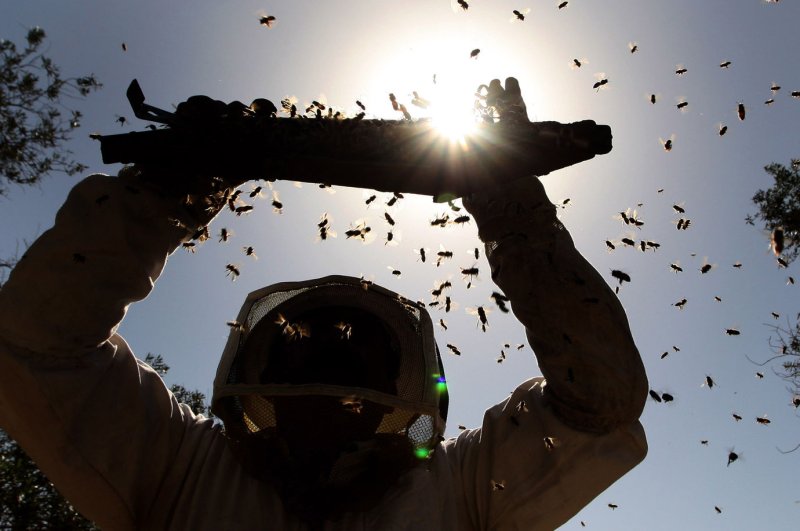Europe has a deficit of 13.4 million beehives needed for the pollination of crops, even as farmers across Europe are encouraged to grow more oil and fruit crops that depend on such pollination.
The demand for insect pollination has grown five times as fast the number of honeybee colonies in Europe, according to new research conducted at the University of Reading. The research shows that famers are increasingly relying on wild pollinators, such a bumble bees, solitary bees and hoverflies even though there are few safeguards to protect their numbers.















